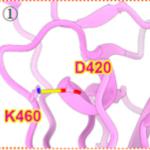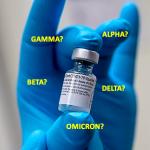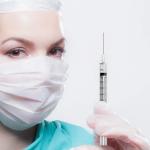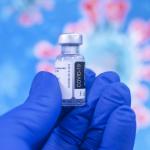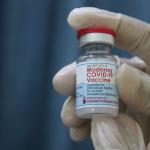I spent 15 years as the FDA’s “biotechnology czar” at a time when many of the biopharmaceutical companies were small startups needing guidance as they negotiated the regulatory maze.
Biomedicine & Biotech
If you're sick of (or with) COVID, join the club. It's endless. SARS-CoV-2, the virus that causes the disease, keeps throwing one surprise after another at us in ways that could have never been predicted early in the pandemic.
Join ACSH directors of bio-sciences and chemistry, Cameron English and Dr. Josh Bloom, as they break down these stories:
Pre-exposure prophylaxis (PrEP) is one of several historic breakthroughs in the four-decade battle against HIV/AIDS.
Just under two years ago, Canadian biotech firm Medicago began developing a plant-based COVID-19 vaccine.
Are COVID vaccines responsible for creating the multiple variants that keep hitting the world? I get this question all the time in the comments section following ACSH articles about vaccines.
The rapid development of mRNA-based COVID vaccines has sparked fresh interest in earlier efforts to produce new and hopefully more effective flu shots with the same technology.
Vaccine skepticism comes in many different varieties.
Since January, billions of COVID-19 vaccines have been administered around the world.
As if the Delta variant hasn't been a big enough pain in the a##, pretty much the last thing we need is an "improved" version.

